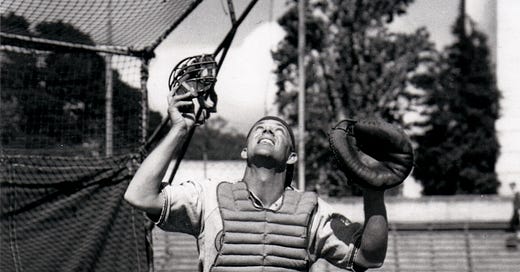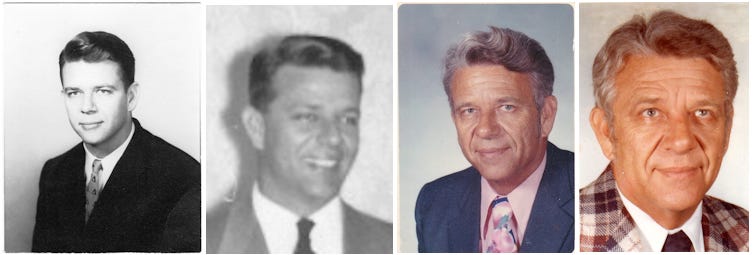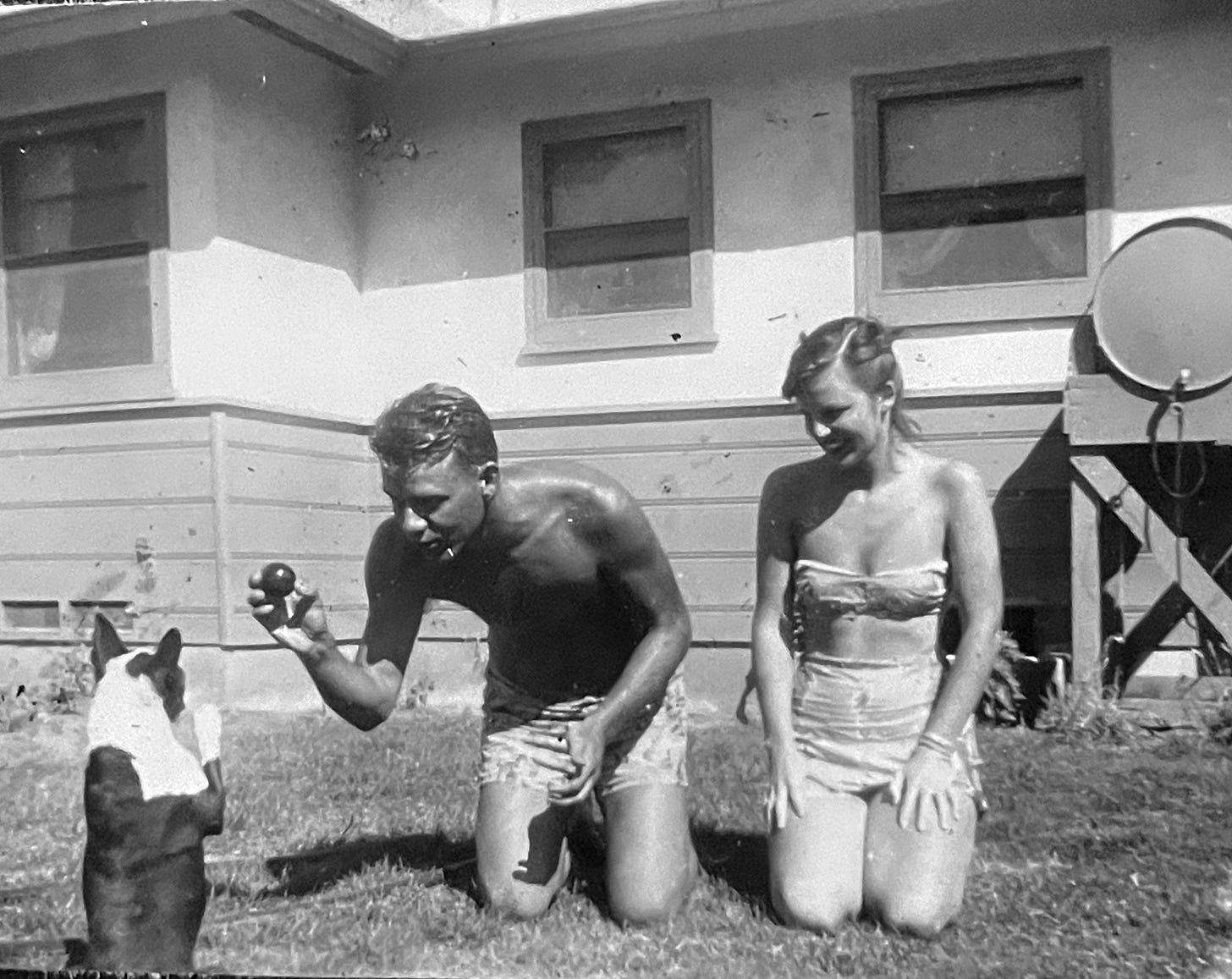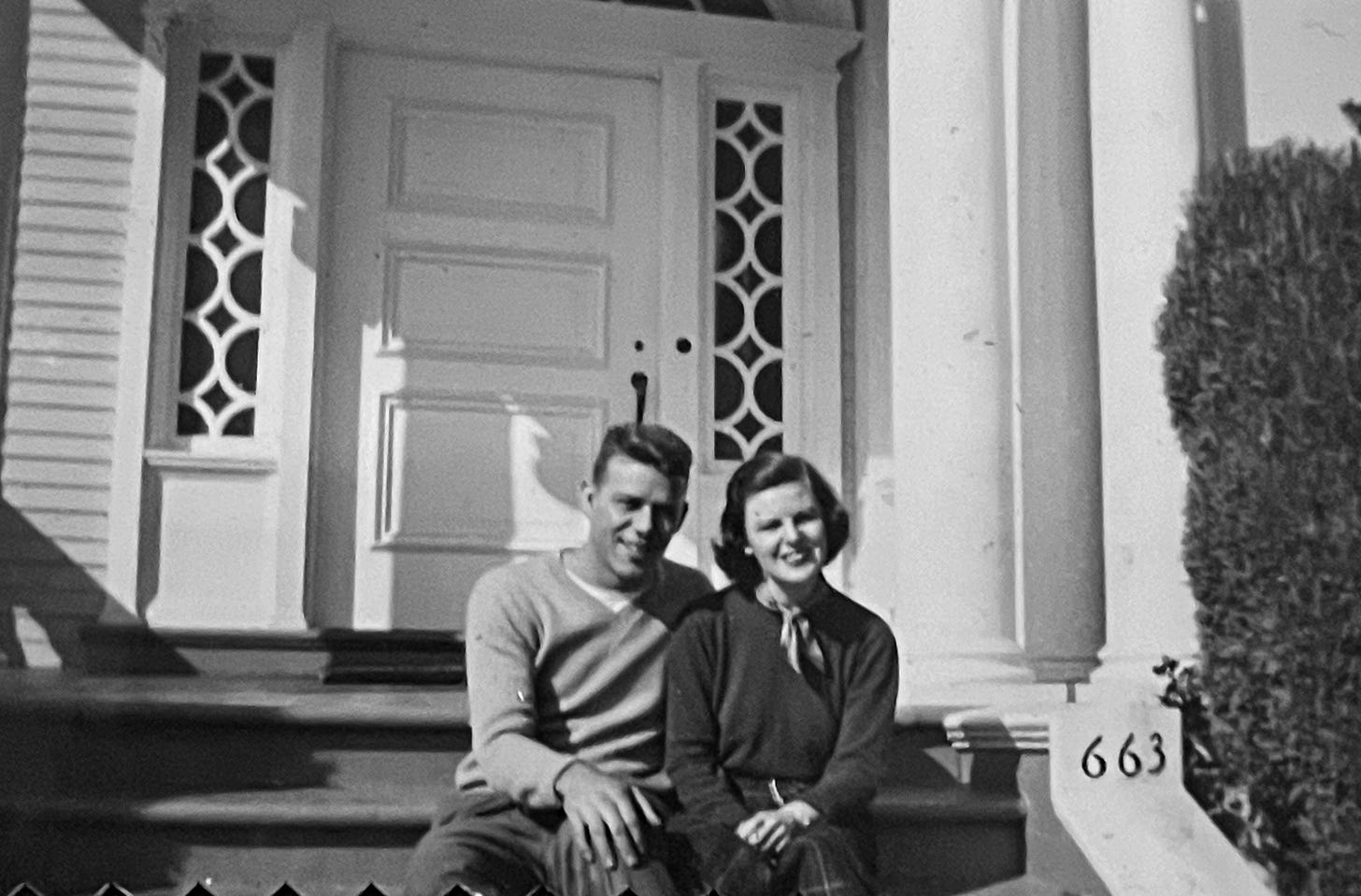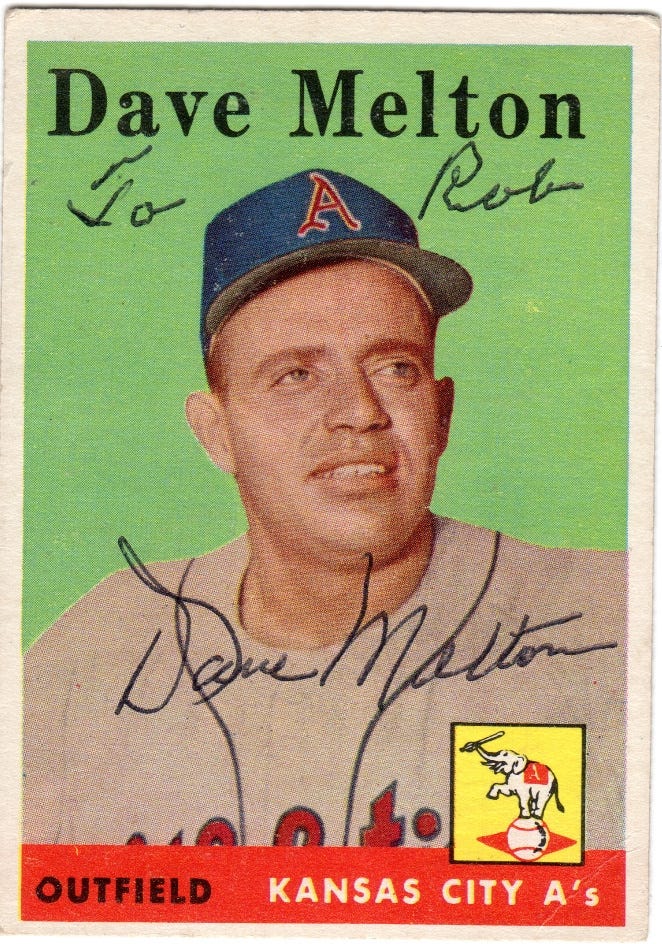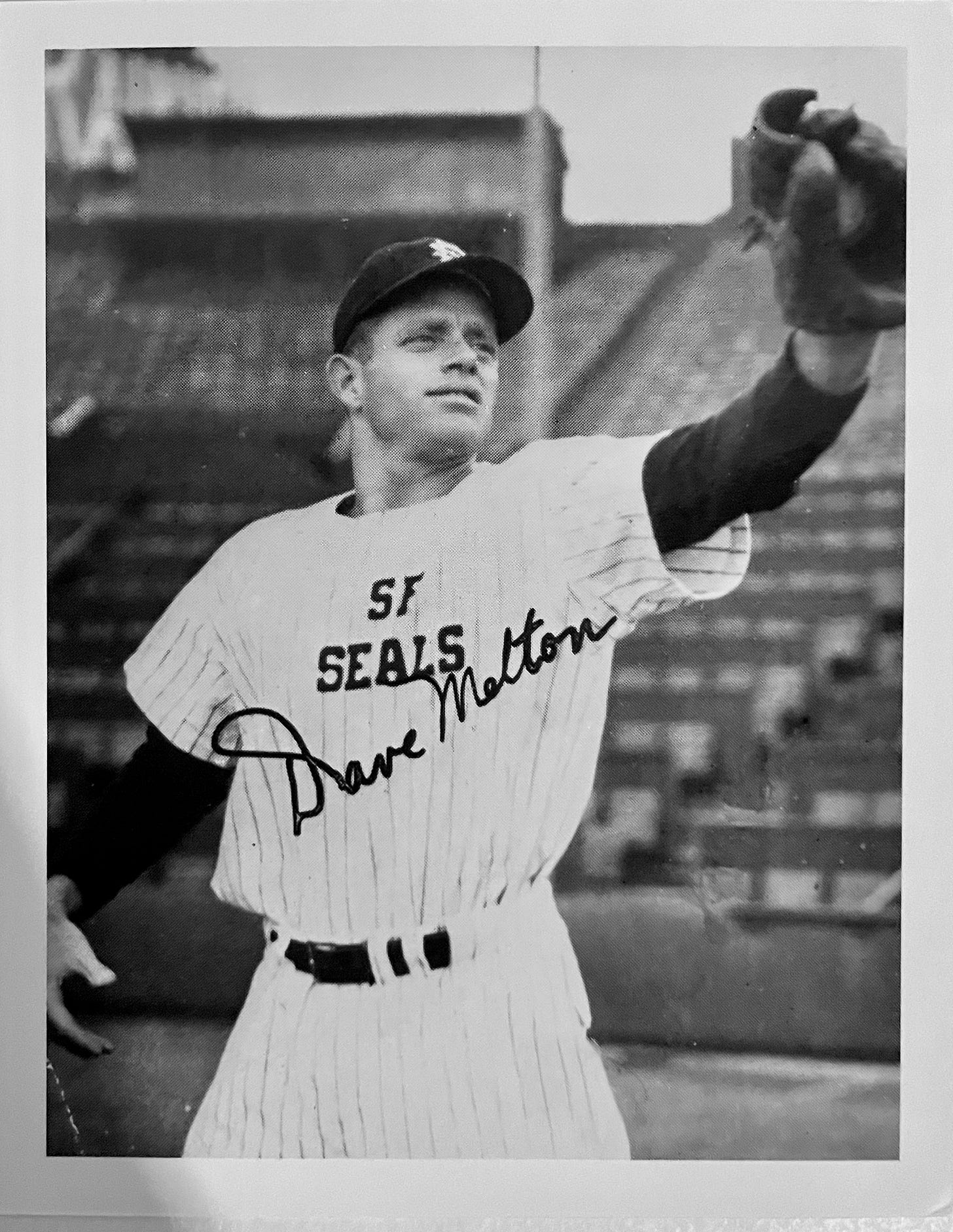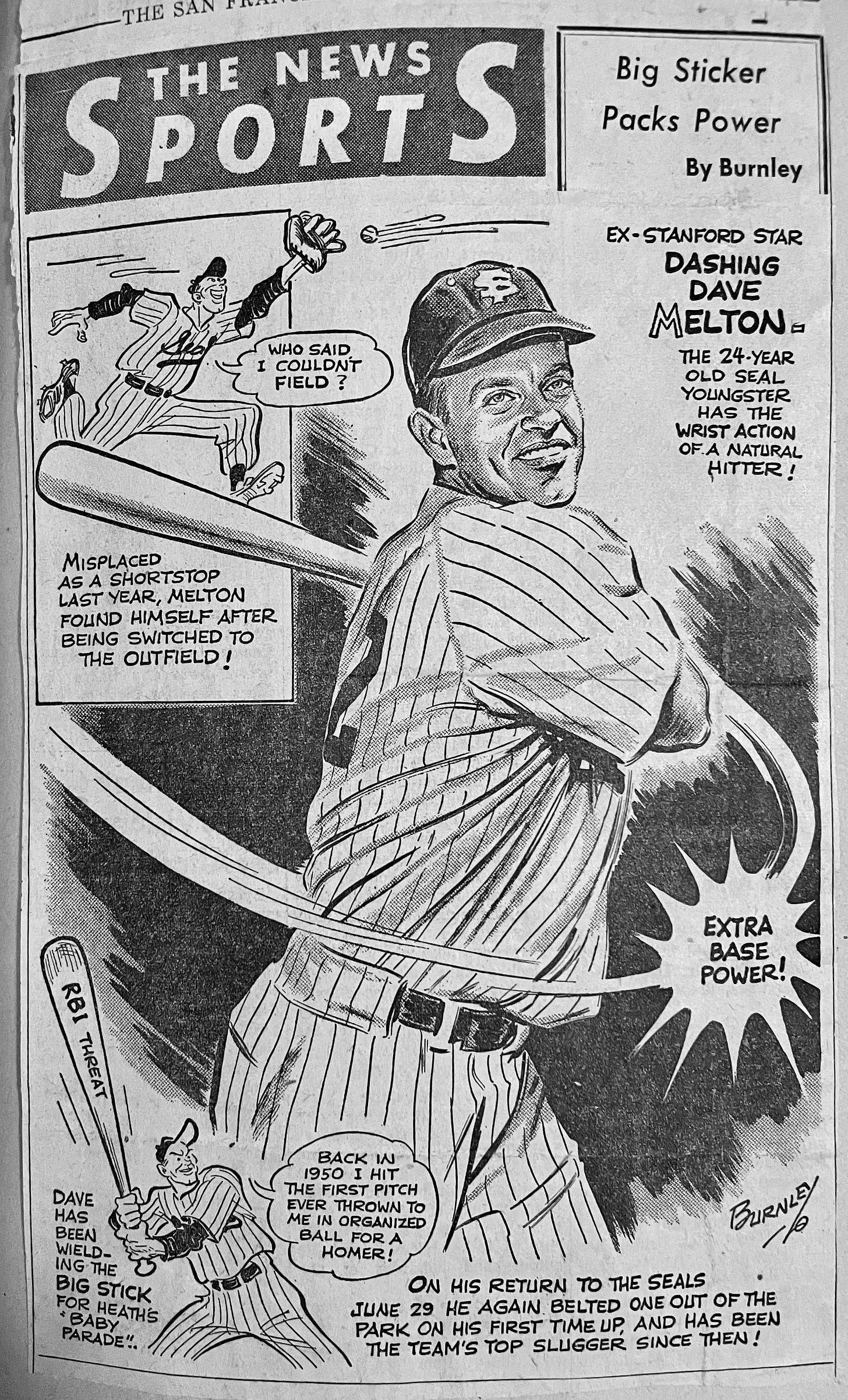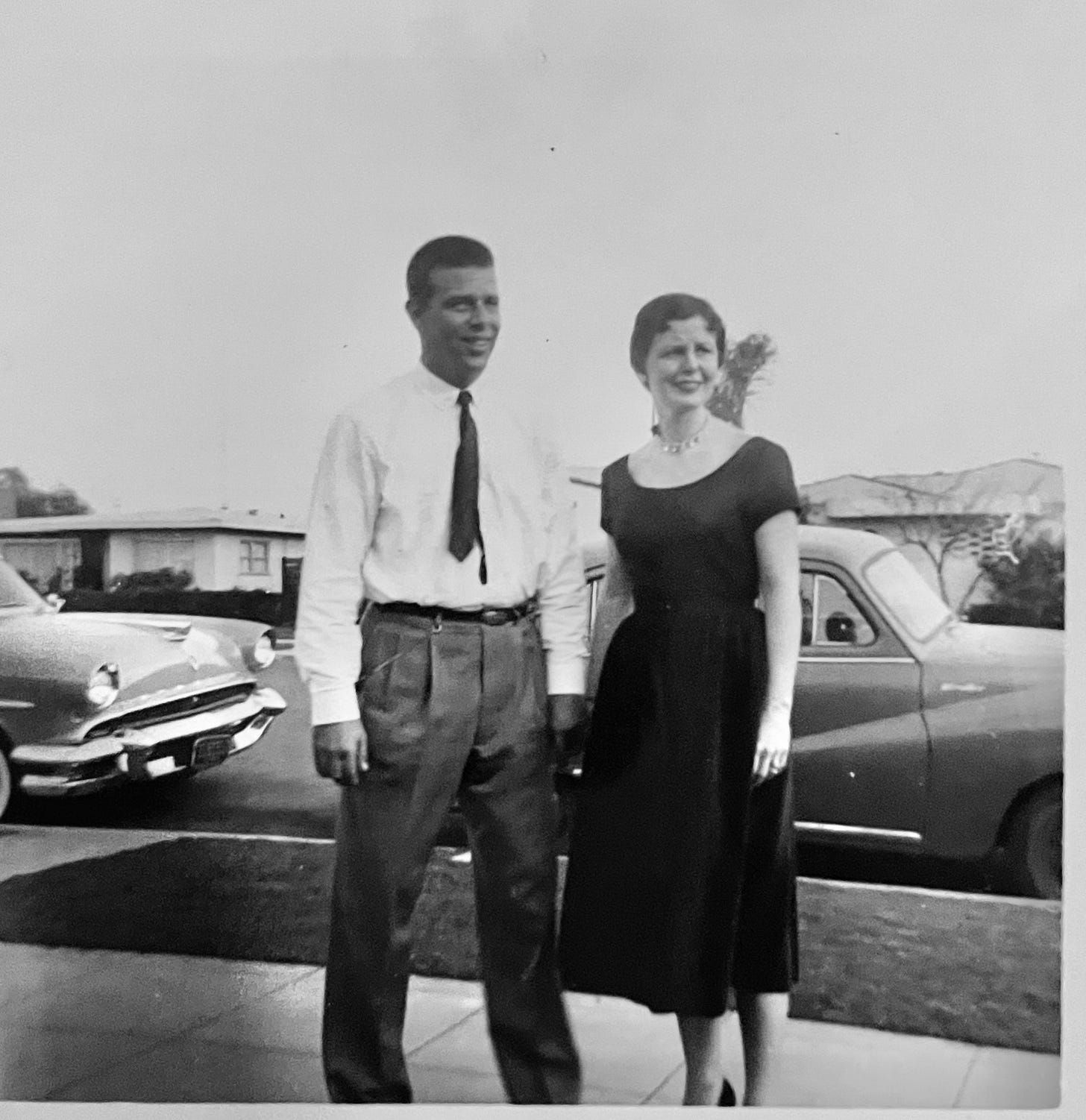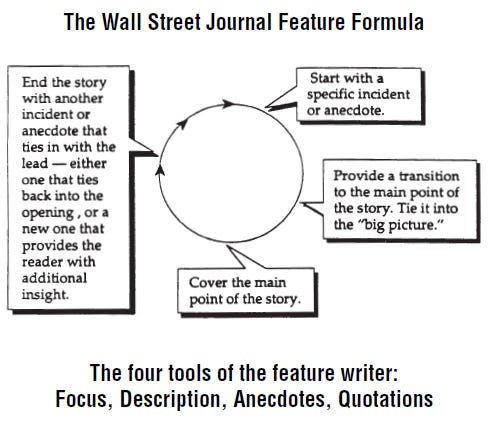facts of life: A few stories about dad
He was born 101 years ago, and his legacy lives on through some of the stories we still remember about him. While he lived to be 79, it is the stories of his life that we celebrate today.
My siblings and I used chat to gather first-person stories and reminiscences about our father. Then I polished them a bit, and finding the collage a bit unstructured, rewrote it a couple of more times. In the process, I learned more about him through newly discovered scrapbooks, as well as more about myself. Enjoy!

Robert Wallace Melton (15 December 1924 – 25 April 2003) was born in Shawnee, Oklahoma, in 1924 to Calvin Nance Melton and Eula Reily Melton. The family moved to San Diego, California, when he was a young boy and eventually moved to Coronado Island. He loved body surfing in the ocean growing up on Coronado Island, as well as playing competitive sports.
His first job was at the Coronado del Hotel restaurant working as a busboy, which was a 20-block walk from his home. When a glamorous actress dining at the hotel saw him, she was concerned that he was under-aged (which was then a violation of labor laws) and told the manager he shouldn't be working there. The manager fired him on the spot. He was indeed too young, and Dad laughed about that story for the rest of his life—but it was not the only time he lied about his age.
He was a star athlete at Coronado High School and played on the championship football and tennis teams his senior year. After graduating in 1941, he attended San Diego State College a short time before entering the Navy, where he spent some three years.
While in the Navy, he played sports and briefly attended Columbia University during officer training. He spent most of his life telling people he was born in 1923 because he wanted to register for the draft and fight in WWII. Again, he was too young, but duty called. A fire had destroyed his birth certificate where all the records were stored in Oklahoma City.

After the Great War, Bob’s brother Dave headed to Stanford and in 1948-50 became a star on the Stanford baseball team. A year later, Bob headed to University of California at Berkeley, where he earned his bachelor’s degree in Social Studies and master's degree in the Graduate School of Education. During college, he also competed in track and field, varsity baseball, and was an avid handball player. Later, he started a PhD in Education at Berkeley.
While at Cal he met his life partner Innes McElrath, whom he married in 1952. They traveled extensively in Europe on their honeymoon. Family life was the center of their world. Traveling, camping, the great outdoors, church, birthday parties, visiting extended family and friends, sports, cooking, and learning were ongoing activities. They reared four beautiful, smart, funny, intelligent, athletic children who somehow managed to grow into mature, well-spoken, serious adults.
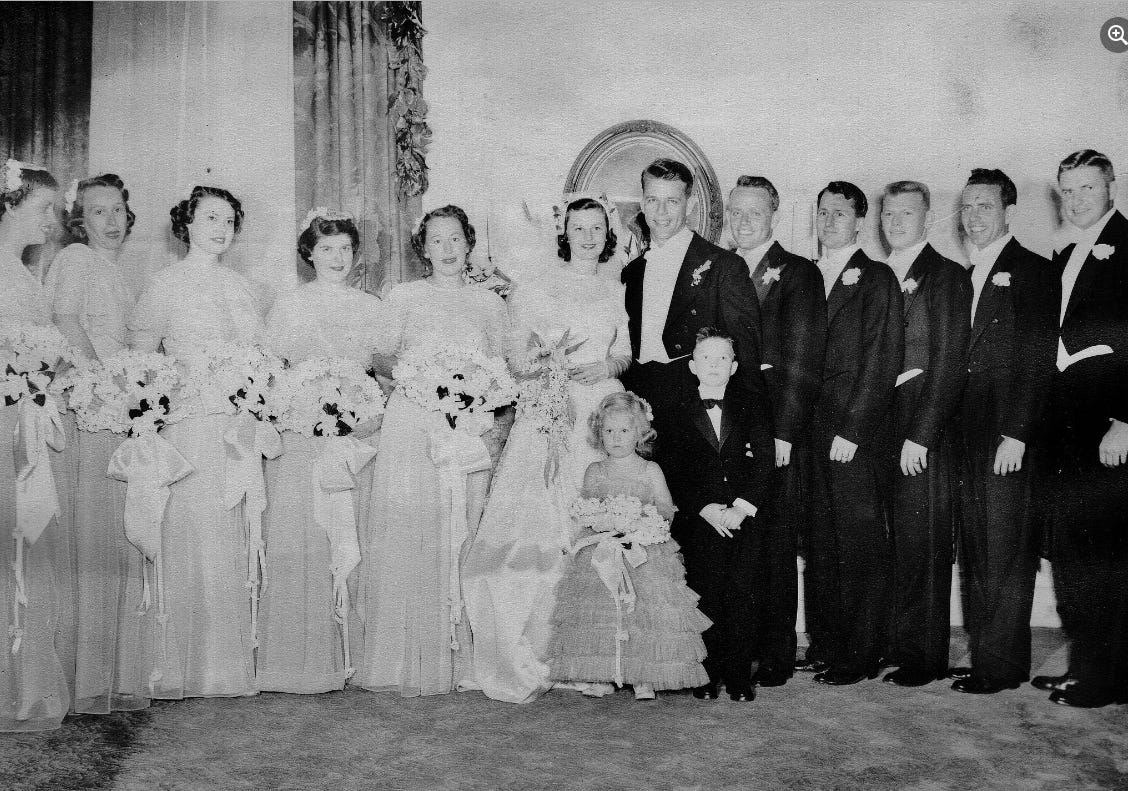
Later in their life, they traveled throughout the United States in their camper, checking in regularly with their four children and, more importantly, the grandchildren.
He was the catcher on the 1947 College World Series championship Cal team coached by Jackie Jensen, a future American League MVP with the Red Sox. Cal beat Yale to win the first NCAA baseball championship. That first World Series was played in Kalamazoo, Michigan.
Bob sat next to Babe Ruth in the dugout as the Babe was touring the nation promoting the national baseball league at the College World Series in '47. He looked in poor health then, and the Babe died a year later. His eldest son Rob asked him what they talked about. Bob said, “You don’t talk to the Babe. Just sitting next to him was enough.”
His other son traveled with his dad in 1997 to Omaha, Nebraska, where the 50th College World Series was held (it is always held there now), and they honored the Cal Bear team. Cal Berkeley had arranged for the team to be together at a hotel. They went to the banquet for all the teams playing in that years' tournament.

The first President George Herbert Walker Bush had been the first baseman for the Yalies, and at the reunion the former president sent a video message to the gathering. Bob felt the former president should have attended the reunion with all the other teams. They had a great time hearing all the stories from back in the day.
Bob briefly played in the minor league before returning back to school to become a social studies teacher and baseball coach.
Uncle Dave played for the Seals, back then a Triple A team in the old Pacific Coast League. He played in the majors for the Kansas City Athletics before an injury ended his career. During his last game in 1956 when he was an outfielder, he jumped to catch a ball and slammed into the wall breaking his golden wrists--and ending his career.
After college Bob became a high school baseball coach and social studies teacher, advancing quickly to administration. He started at Novato High School as a social studies teacher and baseball coach, and became a vice-principal. His teams had a solid record of league championships and a berth in state playoffs.
He then became a vice-principal and worked in McFarland and then in Fremont, where among other things he advised the radio station.
He became an assistant superintendent in Fremont and traveled the United States recruiting new teachers, but he hated flying. He also began teaching his children how to play tennis.
In 1968 he left the fast-paced life and moved his family to Cloverdale, California, a small Sonoma County town where he served as principal of Cloverdale High School for many years—and where all of his children attended the college prep school he led.
As principal he attended every sporting event throughout the year. He also started the tennis team, cleaned up the tennis courts so they were competition-ready, all three of them, had a backboard build for practice, and eventually added lights to extend playing time into the night year-around.
He loved to go down to the high school to throw balls, hit balls, catch balls with his children, grandchildren, nieces, nephews. After a throwing session, when you were tired and ready to stop, he would always say, “Three more.” Keep pushing yourself.
His son Rob, also a teacher, wrote:
“I realized many years later, after I had become a reporter/photographer/editor and then a teacher, that he taught me how to be a great coach. He would only tell you, in as few words as possible, what you needed to focus on, and perhaps show you a thing or two and leave you to figure out all the rest. Insight, advice, a tip – that was his coaching style. He wasn’t a big talker, and his actions spoke louder than his words. You were expected to practice until you got it.
“His first love was always athletics, although he was also a scholar. What he loved about basketball was the non-stop fast pace of the game, moving the ball around until someone had the shot, hours of practice shooting and dribbling so they could win the game, strategy to control the ball near the end of the game. On the other hand, the thing he loved most about baseball was that after every play the action stopped, and you had time to assess every possibility that would conceivably present itself in the next play – no matter what position you were playing.
“Dad’s permanently bent little finger on his right hand was a testament to being a great catcher. His success or failure at the plate could make the difference between winning or losing. Opponent on first base trying to steal second when the batter swings and misses? He knew that was a possibility and was ready, physically and mentally, to get the ball as fast as possible to the second baseman so he could throw out the guy heading to third base. Guy headed home? He knew how each player was going to get the ball to him and was ready to tag him out. That was the kind of thing he loved the most. When you think about it, the same thing is true of tennis, which is why he was so good at coaching both sports.”
He was preceded in death by his beloved wife Innes McElrath Melton in 1997. They have four children and five grandchildren.
Bob preceded his brothers Calvin Melton and David Melton and sister Ellen in death in 2003.
-30-
Thanks to you we now have more than 275 subscribers and followers. When you Subscribe you get the latest posts in your email so you never miss a post. Posts and Notes are always free when you Subscribe. Next, I’ll be sharing how to talk to people to gather information and facts to tell your family history story—that’s next!


